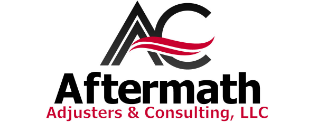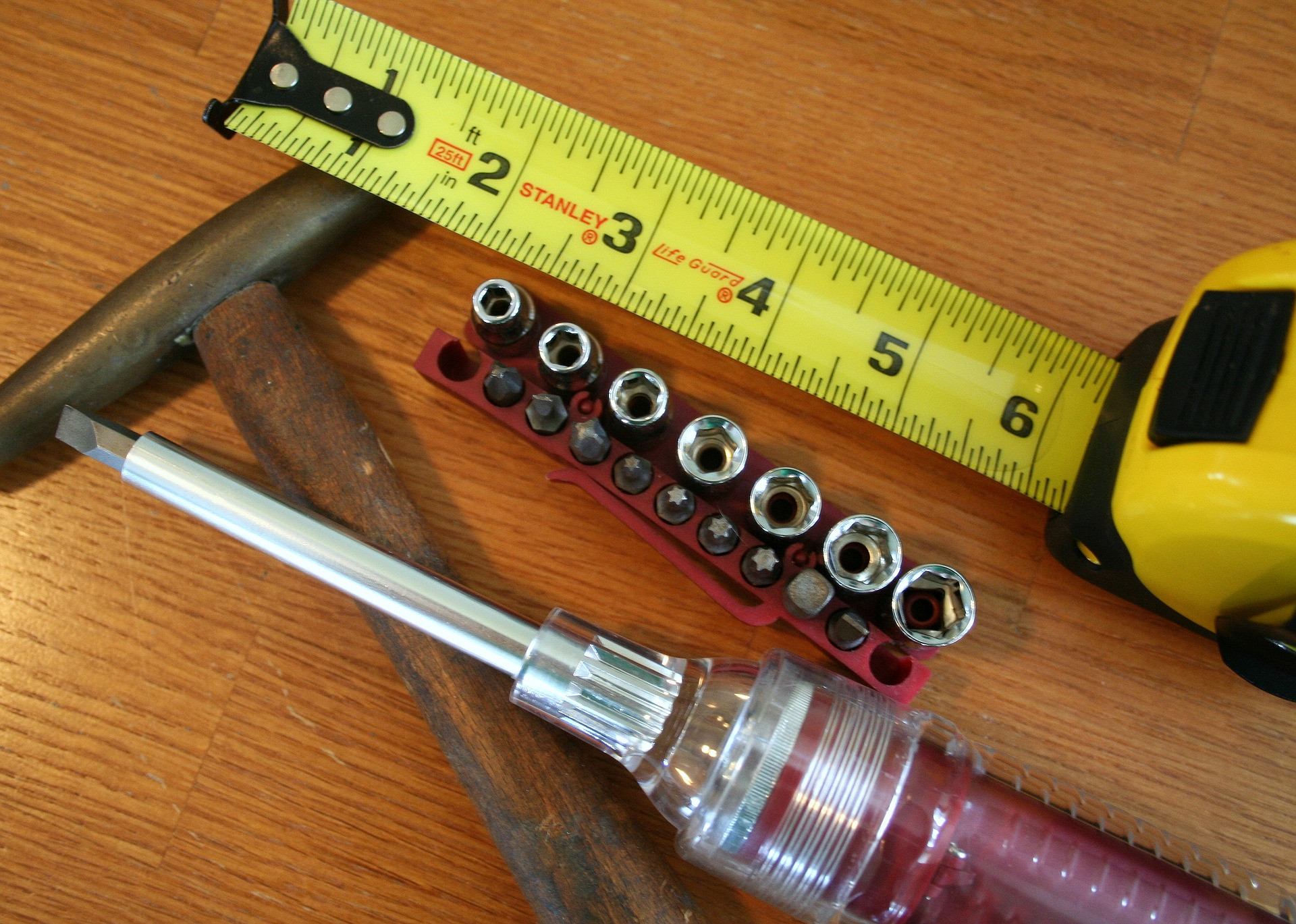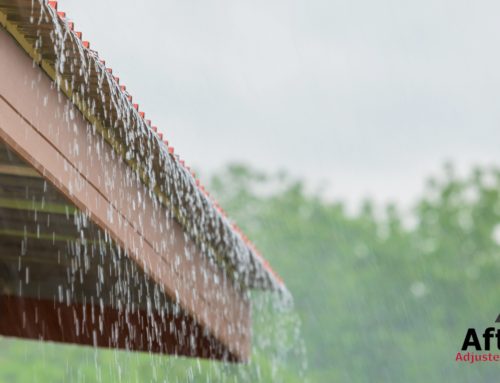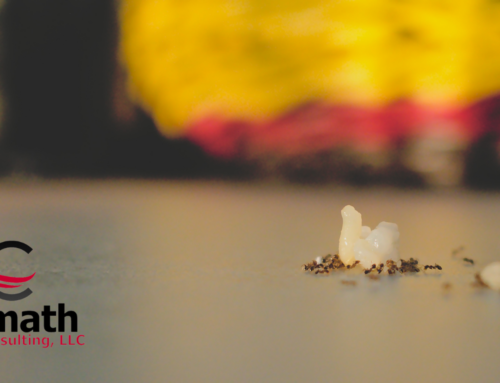Our nation is full of do-it-yourself (DIY) people. You can see this in the sheer number of home improvement superstores and DIY repair websites. There’s no doubt that a source of pride for most property owners is being able to repair a leaky faucet or a faulty light switch. It makes sense that when your home is damaged by an unexpected catastrophe your first instinct would be to make your own repairs. You will probably also wonder if your insurer would pay you to fix it. Is it really a good idea to do a DIY insurance claim repair? Is it possible that you are setting yourself up to be disappointed? The answer, like with most insurance questions, isn’t a simple one.
How Does It Work?
Most of the time, your insurer will calculate how much the repairs to restore your home to its prior condition should cost. After figuring it out, they will write you a check so you can pay a contractor or get materials for a DIY insurance claim repair.
Is a DIY Insurance Claim Repair Possible?
The first thing you need to find out is whether or not your policy allows you to do a DIY insurance claim repair by yourself. Generally, it is allowed, but there are conditions and caveats that you ought to know about before getting started.
Your hands may be tied if, for example, you’re still making mortgage payments. The reason for this is that your bank or lien holder may require you to hire a professional contractor. They want to protect their investment and make sure their loan’s value stays as high as possible.
The Pros and Cons of Doing It Yourself
You can be very confident in your do-it-yourself skills, but that doesn’t mean you should automatically take on a DYI insurance claim repair job. Here are some reasons to reconsider:
- You could be in over your head. Jumping into a project headfirst without the necessary expertise could make a problem worse. It will also almost certainly increase the cost of repairs.
- You might lower your chances of future settlements. Any work you do will need to restore your property to its pre-loss condition. Your insurer isn’t likely to cover any damages if it is the result of substandard work.
On the other hand, there could be benefits to taking care of the problem on your own as long as you know what you’re doing. These can include:
- You may make some money. You would be saving on the labor costs that come with hiring professional contractors. Anything left over from your settlement you could use for other improvements.
- You will be in charge of the schedule. This allows you to minimize any disruptions to your family life by doing the job yourself. You determine the ‘what’ and ‘when’ of all work.
After a storm damages your home, your first instinct will be to roll up your sleeves and start working. You may want to carefully consider, however, whether that’s the right choice if you have insurance. Calling Aftermath Adjusters & Consulting first can help you get the highest possible settlement, no matter what you decide. We have certified professionals that have helped countless homeowners receive the maximum payout and get what they deserve.









